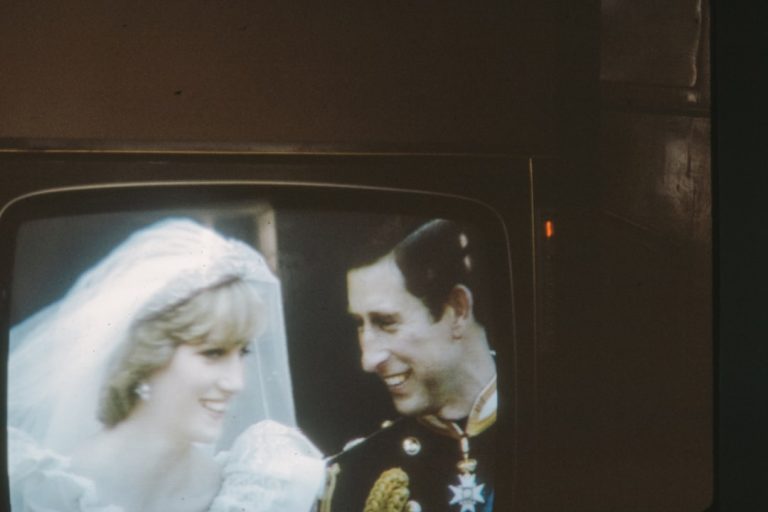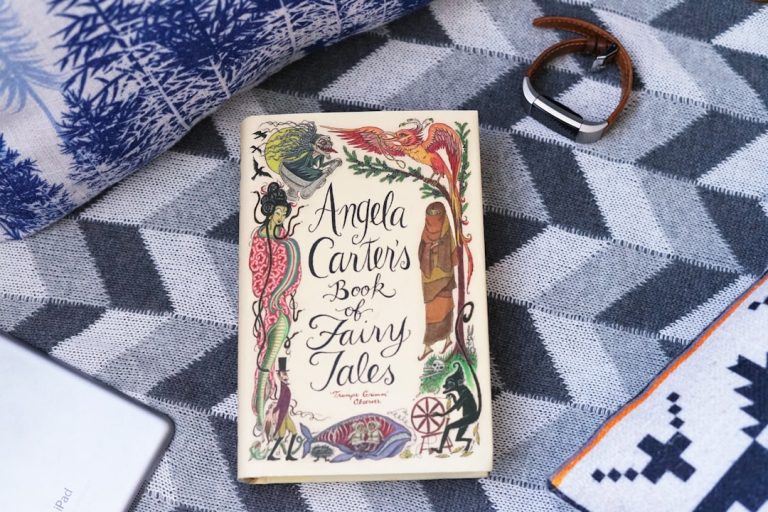
To effectively market a book, it is crucial to have a deep understanding of the target audience. This involves not only identifying who the readers are but also delving into their preferences, habits, and motivations. For instance, if an author writes a young adult fantasy novel, the target audience may include teenagers and young adults who enjoy escapism, adventure, and relatable characters.
Conducting surveys, engaging in social media discussions, and analyzing reader reviews can provide valuable insights into what this demographic seeks in literature. Understanding their interests can help authors tailor their marketing strategies to resonate with potential readers. Moreover, demographic factors such as age, gender, location, and reading habits play a significant role in shaping marketing efforts.
For example, a romance novel aimed at women aged 25-40 may benefit from targeted ads on platforms like Pinterest or Instagram, where visual storytelling thrives. Conversely, a technical non-fiction book might find its audience more effectively through LinkedIn or specialized forums. By segmenting the audience based on these characteristics, authors can create more personalized marketing messages that speak directly to the needs and desires of their readers.
This targeted approach not only increases engagement but also enhances the likelihood of converting interest into sales.
Key Takeaways
- Understanding your target audience is crucial for effective book marketing
- Social media marketing can help reach a wider audience and engage with readers
- Creating engaging book trailers can capture the attention of potential readers
- Leveraging email marketing campaigns can help nurture relationships with readers
- Collaborating with influencers and book reviewers can help increase book visibility and credibility
Utilizing Social Media Marketing
Social media has transformed the landscape of book marketing, providing authors with a platform to connect directly with their audience. Each social media platform offers unique opportunities for engagement. For instance, Instagram is particularly effective for visually-driven content, making it an ideal space for authors to share aesthetically pleasing images of their book covers, behind-the-scenes glimpses of their writing process, or even quotes from their books.
Engaging with followers through stories, polls, and live sessions can foster a sense of community and encourage readers to share their excitement about upcoming releases. Additionally, Twitter serves as a powerful tool for real-time interaction and networking within the literary community. Authors can participate in trending hashtags like #BookTwitter or #WritingCommunity to connect with fellow writers and readers alike.
Engaging in conversations about relevant topics or sharing insights into the writing process can help build an author’s brand and establish credibility. Furthermore, platforms like TikTok have emerged as influential spaces for book promotion through creative short videos that capture the essence of a book in an entertaining way. By leveraging these diverse social media channels, authors can create a multifaceted marketing strategy that reaches potential readers where they are most active.
Creating Engaging Book Trailers

Book trailers have gained popularity as an innovative way to promote literature in a visually captivating format. Much like movie trailers, these short videos can encapsulate the essence of a book, drawing viewers in with compelling visuals and soundtracks. An effective book trailer should convey the mood and themes of the story while leaving viewers intrigued enough to want to read more.
For example, a suspense thriller might utilize dark imagery and fast-paced editing to create tension, while a light-hearted romance could feature bright colors and upbeat music to evoke warmth and joy. When creating a book trailer, it is essential to consider the target audience’s preferences and expectations. A young adult fantasy novel might benefit from vibrant animations or illustrations that reflect the magical elements of the story, while a historical fiction piece could incorporate archival footage or period-appropriate visuals to immerse viewers in the setting.
Additionally, including quotes from early reviews or endorsements can lend credibility and entice potential readers. Distributing the trailer across social media platforms, author websites, and even YouTube can maximize its reach and impact, making it an integral part of an author’s marketing toolkit.
Leveraging Email Marketing Campaigns
| Metrics | Value |
|---|---|
| Open Rate | 25% |
| Click-Through Rate | 5% |
| Conversion Rate | 10% |
| Subscriber Growth | 100 new subscribers |
Email marketing remains one of the most effective ways to engage with readers on a personal level. Building an email list allows authors to communicate directly with their audience, providing updates on new releases, exclusive content, and special promotions. To grow this list, authors can offer incentives such as free chapters, short stories, or downloadable content related to their books.
This not only encourages sign-ups but also establishes a connection with potential readers who are already interested in the author’s work. Once an email list is established, crafting engaging newsletters becomes paramount.
For instance, sharing insights into the writing process, discussing character development, or providing reading recommendations can keep subscribers engaged and eager for future communications. Personalization is key; addressing subscribers by name and tailoring content based on their preferences can significantly enhance open rates and reader loyalty. By consistently delivering value through email marketing campaigns, authors can cultivate a dedicated readership that eagerly anticipates each new release.
Collaborating with Influencers and Book Reviewers
In today’s digital age, influencers and book reviewers wield significant power in shaping public perception of literature. Collaborating with these individuals can amplify an author’s reach and credibility within the literary community. Influencers often have established audiences that trust their recommendations; thus, partnering with them for promotional campaigns can introduce an author’s work to new readers who may not have discovered it otherwise.
This collaboration could take various forms, such as sponsored posts on social media platforms or participation in virtual book tours. Book reviewers also play a crucial role in the marketing landscape. Securing reviews from reputable bloggers or YouTube channels can provide valuable exposure and lend credibility to an author’s work.
Authors should research potential reviewers to ensure their style aligns with the book’s genre and themes. Sending personalized pitches that highlight why the reviewer would appreciate the book can increase the chances of securing a review. Additionally, offering advanced reader copies (ARCs) allows reviewers to experience the book before its official release date, generating buzz and anticipation among their followers.
Hosting Virtual Book Launch Events

The rise of virtual events has opened new avenues for authors to celebrate their book launches while reaching a global audience. Hosting a virtual book launch event allows authors to connect with readers in real-time, creating an interactive experience that transcends geographical limitations. These events can include readings from the book, Q&A sessions where readers can ask questions directly to the author, and even giveaways or contests to encourage participation.
To maximize engagement during these events, authors should promote them across various platforms well in advance. Utilizing social media channels, email newsletters, and author websites can help generate excitement leading up to the launch day. Additionally, collaborating with other authors or influencers for joint events can broaden the audience base and create a more dynamic experience for attendees.
Offering Limited-time Promotions and Discounts
Creating urgency through limited-time promotions can be an effective strategy for boosting book sales. Authors can offer discounts on e-books or print copies during specific time frames to encourage readers to make a purchase decision quickly. For instance, launching a promotional campaign around holidays or special occasions can attract attention from potential buyers looking for gift ideas or new reads during those times.
Additionally, bundling books together at a discounted rate can entice readers who may be interested in exploring an entire series or related titles by the same author. This strategy not only increases sales but also encourages readers to delve deeper into an author’s body of work. Promoting these limited-time offers through social media channels and email newsletters ensures that the message reaches a wide audience quickly.
By creating a sense of urgency around promotions and discounts, authors can effectively drive sales while expanding their readership.
Utilizing Amazon Ads and BookBub promotions
Amazon Ads and BookBub promotions are powerful tools for authors looking to increase visibility and sales on popular platforms where many readers discover new books. Amazon Ads allow authors to create targeted advertisements that appear alongside relevant search results or on product pages of similar books. By carefully selecting keywords that align with their genre and audience interests, authors can effectively reach potential readers who are actively searching for new titles.
BookBub is another invaluable resource for authors seeking to promote their work to a large audience of avid readers. By submitting books for consideration in BookBub’s daily deals or featured promotions, authors can gain access to thousands of subscribers who are eager for recommendations in specific genres. The effectiveness of these promotions lies in their ability to generate significant spikes in sales and visibility within a short period.
Authors should consider timing these promotions strategically around new releases or during peak reading seasons to maximize impact. By integrating these various marketing strategies—understanding the target audience, utilizing social media marketing, creating engaging book trailers, leveraging email campaigns, collaborating with influencers and reviewers, hosting virtual events, offering promotions, and utilizing advertising platforms—authors can create a comprehensive marketing plan that enhances visibility and drives sales effectively in today’s competitive literary landscape.
If you are looking for innovative ways to promote your book, you may want to consider incorporating song lyrics into your marketing strategy. Song lyrics have a way of resonating with people and can help create a strong emotional connection with your audience. To learn more about the power of song lyrics in marketing, check out this insightful article on song lyrics. Additionally, you can explore other helpful resources on book marketing and promotion on sersea.ink.
FAQs
What are book marketing strategies?
Book marketing strategies are plans and tactics used by authors, publishers, and book marketers to promote and sell books. These strategies can include a variety of activities such as social media marketing, book signings, author events, email marketing, and more.
Why are book marketing strategies important?
Book marketing strategies are important because they help authors and publishers reach their target audience, increase book sales, and build a strong author brand. Effective marketing strategies can help books stand out in a crowded marketplace and attract the attention of potential readers.
What are some effective book marketing strategies?
Some effective book marketing strategies include building an author platform, leveraging social media to connect with readers, securing book reviews and endorsements, participating in book fairs and festivals, and creating compelling book descriptions and cover designs.
How can authors promote their books?
Authors can promote their books by utilizing various marketing strategies such as creating a professional author website, engaging with readers on social media, seeking opportunities for media coverage and interviews, and collaborating with book bloggers and influencers for reviews and promotions.
What role does social media play in book marketing?
Social media plays a significant role in book marketing by providing authors and publishers with a platform to connect with readers, share book updates and content, run targeted advertising campaigns, and build a community of loyal fans and followers. Platforms like Facebook, Instagram, Twitter, and Goodreads are commonly used for book marketing purposes.



